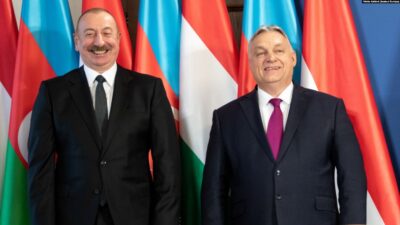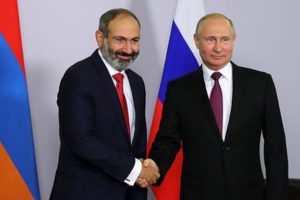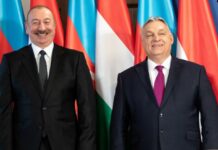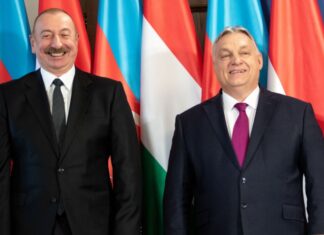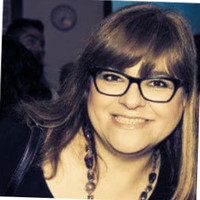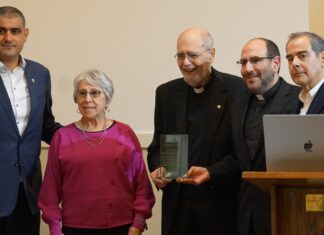YEREVAN (RFE/RL and Tass) — Armenian Prime Minister Nikol Pashinyan has downplayed problems in Yerevan’s relations with Moscow, describing them as a “work process in its natural course.”
Answering questions from citizens in a live Facebook broadcast late on September 2, Pashinyan also announced his upcoming visit to Moscow, during which he will meet with Russian President Vladimir Putin.
He gave no indications of the date of the planned meeting but said it will take place soon.
“This will be our third meeting, and…we will discuss numerous issues that are on the agenda of our relations and will find solutions to numerous problems,” Pashinyan said.
“I don’t mean to insist that all possible problems will be solved, but I can surely say that our natural cooperation continues,” he added.
Some analysts suggest that Russia was irked by several moves by the new Armenian government that included the prosecution of former President Robert Kocharyan and several other senior former officials on charges related to the deadly postelection crackdown on opposition protesters in 2008.
